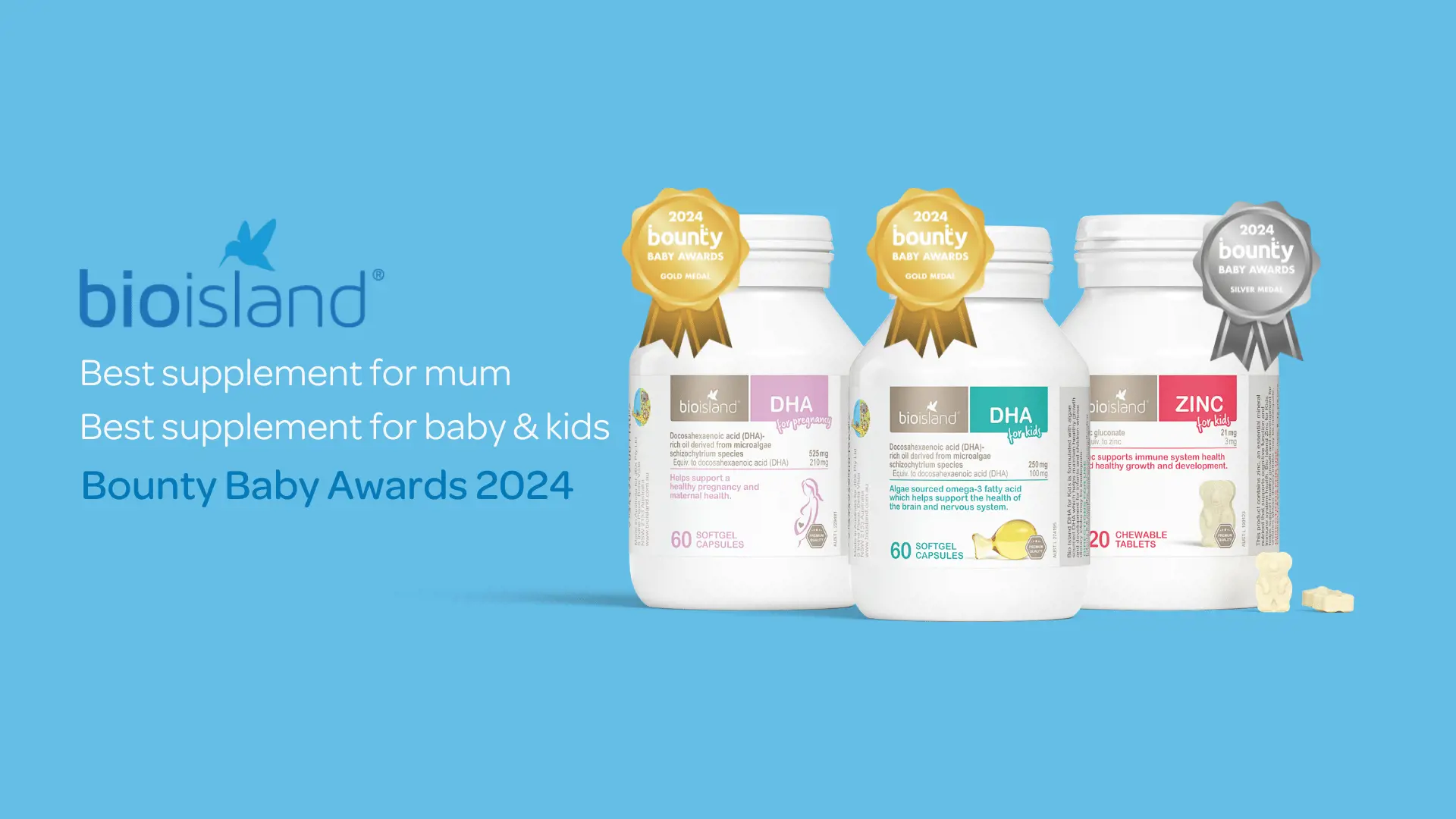
Cod liver oil
In addition to vitamin A & D, the omega-3 fatty acids in cod liver oil have also been shown to help the body in many ways.
Health Support
By Bio Island Nutrition Team
Many people may get confused about the difference between cod liver oil and fish oil supplements, and while they are quite similar there are key differences that are important to be aware of when considering which one may be right for you and your family.
WHAT IS COD LIVER OIL AND WHAT ROLE DOES IT PLAY IN OUR BODIES?
Both fish oil and cod liver oil are obtained from the body of fish however, cod liver oil is obtained from the liver of cod fish. Both cod liver oil and fish oil are good sources of the omega-3 unsaturated fatty acids docosahexaenoic acid (DHA) and eicosapentaenoic acid (EPA), which can only be provided through diet or supplements. Cod liver oil however, also contains vitamin A and vitamin D.
Vitamin A had many roles in the body, including helping to support immune mechanisms, maintain healthy eyes, skin, and brain function. Vitamin D is a fat-soluble vitamin which enhances calcium absorption and helps support strong bones and teeth. In addition to vitamin A & D, the omega-3 fatty acids in cod liver oil have also been shown to help reduce inflammation, improve cognitive functioning, and support cardiovascular health.
WHAT IS THE RECOMMENDED DAILY INTAKE (RDI)?
The Australian Government’s National Health and Medical Research Council (NHMRC) guidelines state that to achieve an Adequate Intake of omega 3 fatty acids, mean should aim for 160mg per and women aim for 90mg per day. With reference to vitamin D, the NHMRC has set the RDI at 5-15µg per day for men and women, and for vitamin A it is recommended that men consume 900µg per day and women 700µg per day as retinol equivalents.
For reference a 1000mg serving of cod liver oil provides approximately:
- 144mg of EPA
- 107mg of DHA
- 800µg of vitamin A
- 10µg of vitamin D
HOW DO I GET COD LIVER OIL? WHICH FOODS ARE HIGH IN COD LIVER OIL?
While there is no specific recommended daily intake for cod liver oil, the NHMRC recommends consuming oily fish at least twice a week to ensure you are getting enough omega-3 fatty acids. While it is preferable to receive specific nutrients through their natural sources, a cod liver oil supplement will provide a more convenient and concentrated dose of omega-3’s with the added benefit of vitamin D and vitamin A.
WHAT ARE THE SIGNS OF DEFICIENCY?
A lack of omega-3 can present as rough, scaly skin, dermatitis, dry hair, dandruff, soft and/or peeling nails. Vitamin A deficiency can present as, fatigue, night blindness, and a weakened immune system, while a deficiency in vitamin D can present as fatigue, bone pain, and osteoporosis.
IS COD LIVER OIL TOXIC? ARE THERE ANY SIDE EFFECTS FROM EXCESSIVE CONSUMPTION?
Cod liver oil is a terrific source of vitamin A, with 1 tablespoon providing all of an adult’s daily requirements. Vitamin A can accumulate in the liver over time however, so it is important to consult with a doctor about supplementation, especially if you are pregnant or breastfeeding.
Possible side effects of high doses of cod liver oil may include belching, bad breath, nausea and heartburn. If side effects are experienced, cease taking and consult with a healthcare professional.
This information does not take into account your personal situation and is general in nature. You should consider whether the information is appropriate for your needs and seek professional medical advice.
Always consult your healthcare professional before taking any supplements or if any concerns arise.






